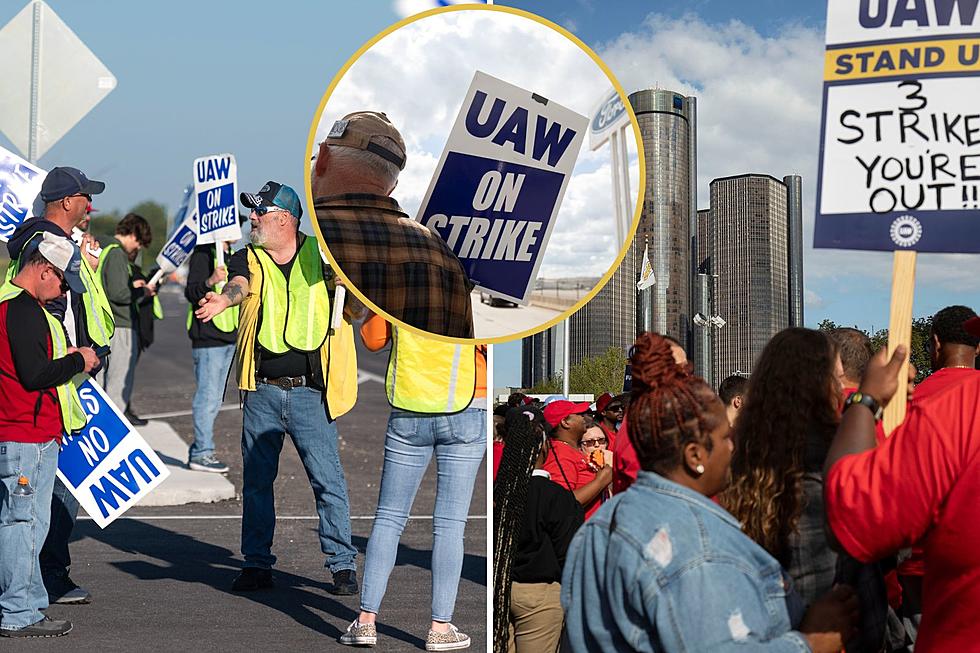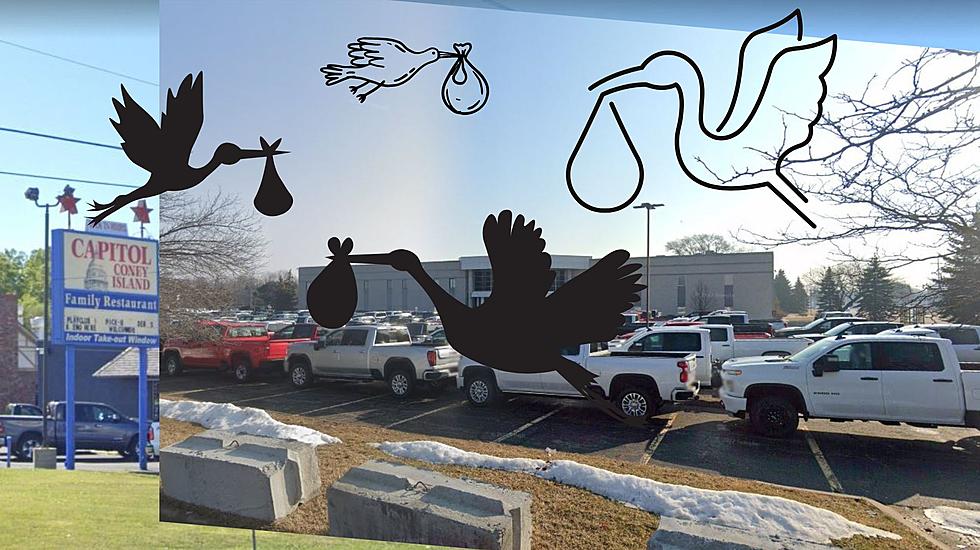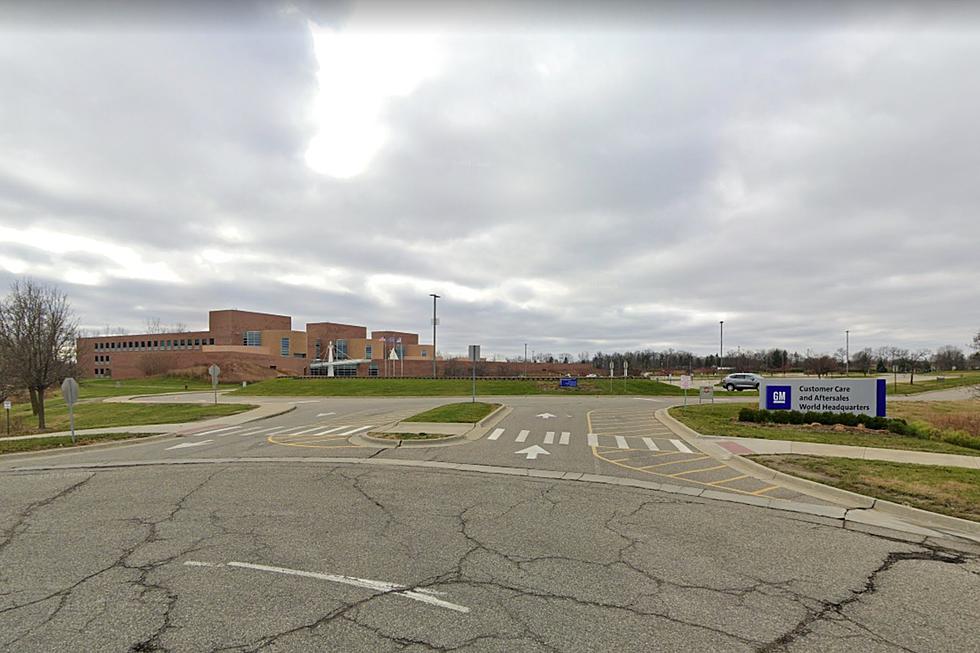
The GM Strike by the Numbers: 5 Things You Should Know
For the first time in over a decade, the United Auto Workers are on strike at General Motors. Workers at more than 50 locations across the Midwest and southern states walked off the job Sunday after a vote to strike. Here's a quick breakdown by the numbers.
The strike involves nearly 50,000 full-time and temporary UAW members that are currently on payroll with the automaker.
This is the first strike by the UAW since 2007. During that 2 day strike, 73,000 General Motors workers walked off the job and idled 80 facilities nationwide. In 1998, a 54-day strike by the United Auto Workers union against General Motors stopped for 67 days.
General Motors looks to take a loss of about $50 million in earnings a day before interest and taxes, according to an estimate by Dan Levy, an analyst at Credit Suisse. The shares also are falling and fell the most in three weeks Monday as the strike began.
Workers on strike will receive a $250 weekly strike benefit and will have to wait almost two weeks before receiving assistance pay. That breaks down to about to $6.25 an hour, below the federal minimum wage of $7.25, and below Michigan's minimum wage of $9.45. This basically places the GM workers below the national poverty level for a family of four, which is $25,750 a year. Workers must participate in picketing to receive strike assistance. UAW Local 651 told members just this afternoon on Facebook that benefits have ended saying, “General Motors has ended our medical, dental and vision insurance along with prescription coverage. Effective yesterday 9/16/19.”
One of the biggest issues of the strike is wages. The UAW feels the tiered wage system has some workers making much less than others for the same type of work. Those hired before 2007 make about $31 an hour, and can retire with a lifelong pension. Those workers that were hired after that have starting wages at about $17 an hour and have the chance to work their way up to about $29 an hour over about 8 years. Instead of pensions, they rely on 401(k) retirement accounts.
The duration of the strike will determine how many local businesses in our area feel the pinch. With the high volume of GM workers and their families living in the Genesee County area, other businesses will feel the effect of curbed spending. We can only hope this is a short-lived strike like the last one and not a repeat of 1998.
More From Cars 108









